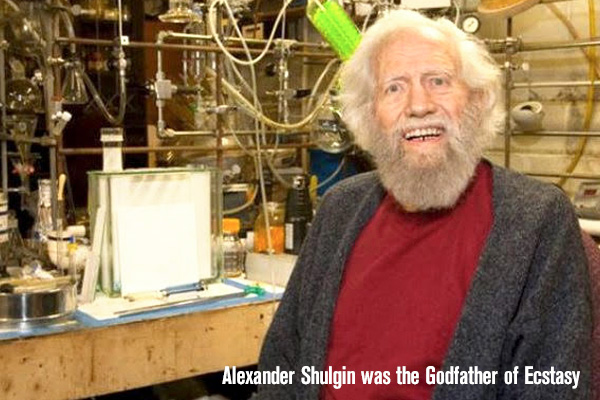X Marks the Spot –
Dec. 11, 2019 – Some 25 million people in the United States who suffer from PTSD could benefit from a drug capable of establishing, with a single dose in a therapist’s office, a trust level that typically takes months or years to achieve, said Boris Heifets, MD, Ph.D. But MDMA can be addictive. Taken in the wrong settings or in repeated or oversized doses, it can have life-threatening consequences.
“We’ve figured out how MDMA promotes social interaction and showed that’s distinct from how it generates abuse potential among its users,” said the study’s senior author, Robert Malenka, MD, Ph.D., the Nancy Friend Pritzker Professor in Psychiatry and Behavioral Sciences.
MDMA’s abuse potential stems from its capacity to stimulate the brain’s reward circuitry, Malenka said. “The brain’s reward circuitry tells us something is good for our survival and propagation. It evolved to tell us food is good when we’re hungry, water is good when we’re thirsty, and warmth is good when we’re cold. For most of us, hanging out with friends is fun, because over the course of our evolution it’s promoted our survival.”



